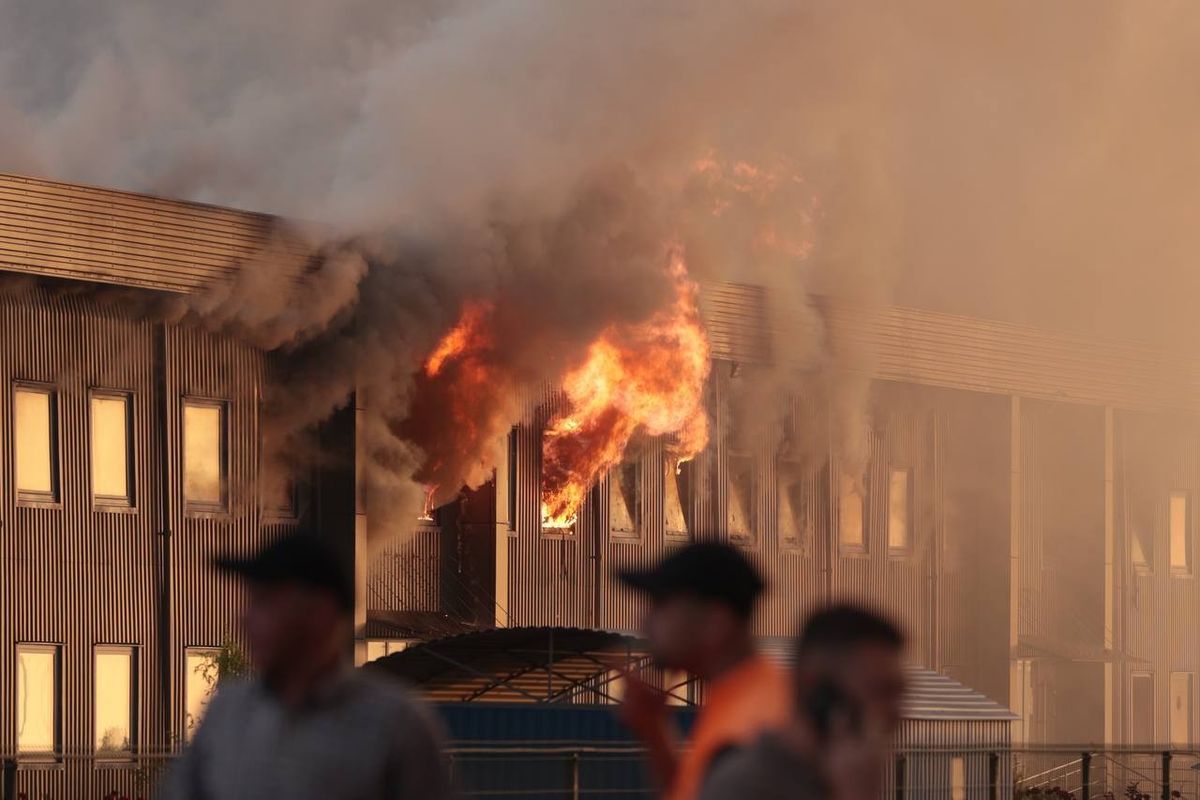A number of national security veterans have challenged the Trump transition team’s claim that it is significantly raising the profile of a key White House counterterrorism position.
President-elect Donald Trump last month decided to name Thomas Bossert, a former Deputy Homeland Security Advisor to President George W. Bush, to be the new administration’s Assistant to the President for Homeland Security and Counterterrorism. Bossert, who is considered a cybersecurity expert, previously worked as Deputy Homeland Security Advisor to President George W. Bush and since 2009, has run his own homeland and national security consulting business.
In making the appointment, Trump’s team said it was raising the status of the position.
“The role, performed by a deputy national security advisor in the previous Administration, is being elevated and restored to its independent status alongside the National Security Advisor, a decision that reflects the unwavering commitment President-elect Trump has to the safety and security of the Nation, its people and territory. Mr. Bossert will focus on domestic and transnational security priorities as General Michael Flynn [Trump’s pick for National Security Advisor] remains steadfastly focused on international security challenges,” the announcement said.
Rep. Jim Langevin, (D-RI), a senior member of the Homeland Security and Armed Services committees was among those skeptical of the move’s significance, saying while he appreciates Trump’s commitment to homeland security, “moving positions on an organizational chart is a far cry from implementing policy, and Mr. Trump needs to heed the unified analysis of the intelligence community as it pertains to Russian hacking if he is going to actually improve our national security.”
Others contacted were harsher, including former Deputy Director of Central Intelligence John McLaughlin, who wrote that he wasn’t sure the position was ever downgraded, “given the considerable clout his predecessors have enjoyed.”
Daniel Benjamin, previously the State Department’s Ambassador-at-Large and Coordinator for Counterterrorism, serving as former Secretary of State Hillary Clinton’s principal advisor on counterterrorism, said it is “hard to know what to make of this,” and called “the implicit disparagement” of previous administrations “just wrong.”
He said both current CIA Director and former Assistant to the President for Homeland Security and Counterterrorism John Brennan and the current Assistant to the President for Homeland Security and Counterterrorism, Lisa Monaco, “have had a direct line to President Obama.”
“At the same time, there has to be one top person for the NSC, or it won’t work — and there are lots of areas of overlap in diplomatic and military issues, so there’s got to be a final say. I expect that will be Flynn, and pretending this is going to be some special arrangement seems pretty silly,” he said.
Paul Pillar, former deputy chief of the CIA counterterrorist center, wrote, “I don't think the formal description of such a job will matter as much as how particular individuals in that and other staff jobs gain, or fail to gain, the president's ear over time.”
He added, “That's the way in works with the White House and senior NSC staff in most administrations. John Brennan had President Obama's ear, and confidence, regardless of where an NSC organization chart may have said he was placed. Right now with Trump's people there seems to be even more than the usual flux and confusion with regard to what will be lines of responsibility in the White House.”
Steve Hirsch is the senior national security editor at The Cipher Brief.














